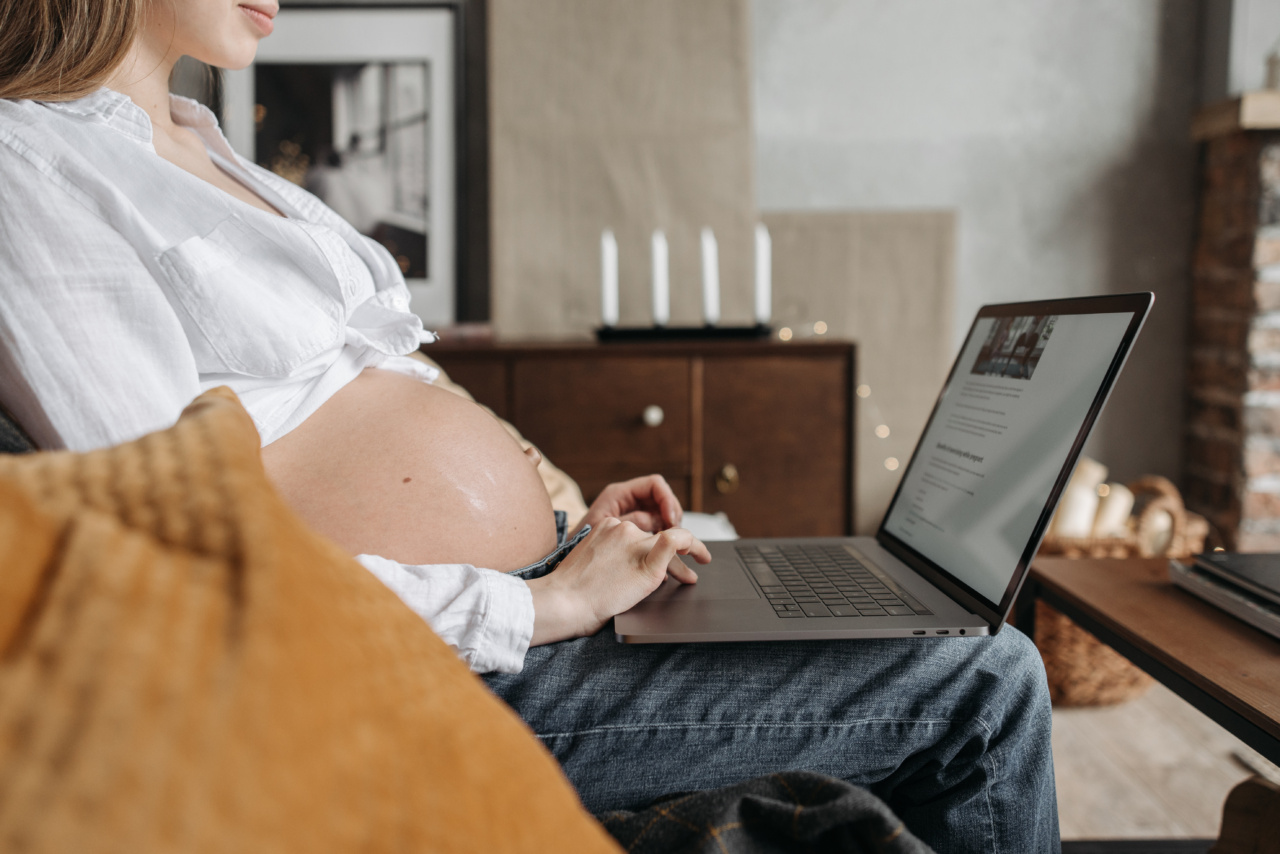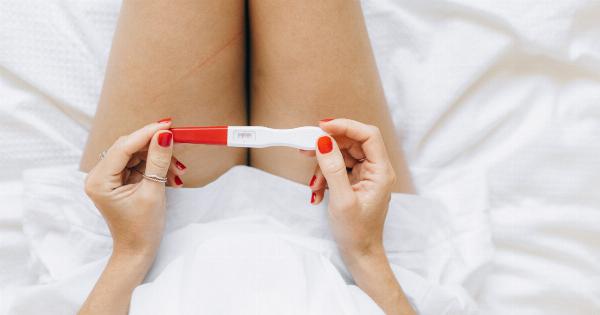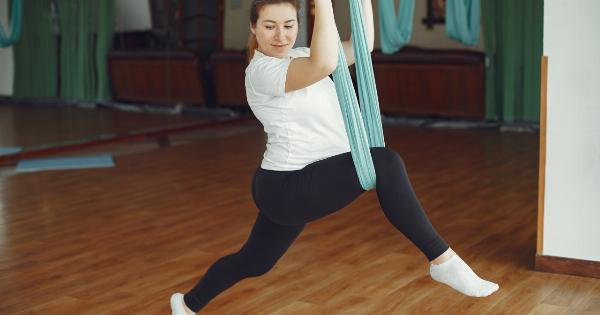Pregnancy is a beautiful and transformative journey for women, but it can also bring along various discomforts and challenges. One such common complaint during pregnancy is cramping.
These abdominal cramps often occur due to the stretching and expanding of the uterus, as well as hormonal changes.
Understanding Pregnancy Cramps
Cramping during pregnancy can range from mild to severe and can occur at any stage. It is important to differentiate between normal pregnancy cramps and those that may indicate a potential problem.
When to Worry About Pregnancy Cramps
While most pregnancy cramps are normal, there are certain cases where they might indicate an underlying issue. Seek medical attention if you experience any of the following:.
- Severe abdominal pain or cramps
- Cramps accompanied by vaginal bleeding
- Cramps that worsen over time
- Cramps accompanied by fever or chills
- Cramps with dizziness or fainting
- Cramps that persist for a prolonged period
Home Remedies for Relieving Pregnancy Cramps
Fortunately, there are several effective home remedies that can help alleviate pregnancy cramps. These remedies are safe and have been tried and tested by many expectant mothers.
It is always advisable to consult with your healthcare provider before trying any new treatments. Here are some remedies that work best in relieving pregnancy cramps:.
1. Heat Therapy
Applying heat to the affected area can provide immediate relief from pregnancy cramps. You can use a heating pad, warm water bottle, or take a warm bath to relax your muscles and ease the discomfort.
2. Gentle Exercise
Engaging in gentle exercises, such as prenatal yoga or walking, can help alleviate pregnancy cramps. Exercise promotes blood circulation, releases endorphins, and reduces muscle tension, thereby reducing cramping.
3. Proper Hydration
Dehydration can exacerbate pregnancy cramps, so it is essential to stay properly hydrated. Drink plenty of water throughout the day to keep your body hydrated and prevent muscle cramping.
4. Magnesium Supplements
Magnesium is known for its muscle-relaxing properties and can help alleviate pregnancy cramps. Consult with your healthcare provider to determine if magnesium supplements are suitable for you.
5. Refined Sugar Avoidance
Consuming a diet high in refined sugar can cause inflammation and increase the intensity of pregnancy cramps. Opt for a balanced diet rich in fruits, vegetables, lean proteins, and whole grains to reduce cramping.
6. Pelvic Tilts
Pelvic tilts are simple exercises that can help alleviate pregnancy cramps and strengthen your pelvic floor muscles. To perform a pelvic tilt, lie on your back with your knees bent, tighten your buttocks, and slowly raise your pelvis off the floor.
Repeat several times a day.
7. Prenatal Massage
A prenatal massage from a certified therapist can work wonders in relieving pregnancy cramps. The gentle and targeted massage techniques can help relax tense muscles and alleviate discomfort.
8. Compression Garments
Wearing compression garments, such as maternity belts or support bands, can provide support to your abdomen and help reduce pregnancy cramps. These garments help distribute the weight of the baby more evenly and relieve strain on your muscles.
9. Rest and Relaxation
Proper rest and relaxation are crucial during pregnancy to minimize cramping and overall discomfort. Take frequent breaks, practice deep breathing exercises, and indulge in activities that help you unwind and destress.
10. Acupuncture
Acupuncture is an ancient Chinese therapy that involves the insertion of thin needles into specific points of the body to promote balance and relieve pain. Many pregnant women find acupuncture helpful in reducing pregnancy cramps.
Conclusion
Pregnancy cramps are a common but uncomfortable part of the journey towards motherhood. It is important to differentiate between normal cramps and those that may indicate a problem.
Fortunately, there are several home remedies available to alleviate pregnancy cramps, including heat therapy, gentle exercise, proper hydration, magnesium supplements, avoiding refined sugar, pelvic tilts, prenatal massage, compression garments, rest and relaxation, and acupuncture. Always consult with your healthcare provider before trying any new treatments to ensure they are suitable and safe for you and your baby.


























